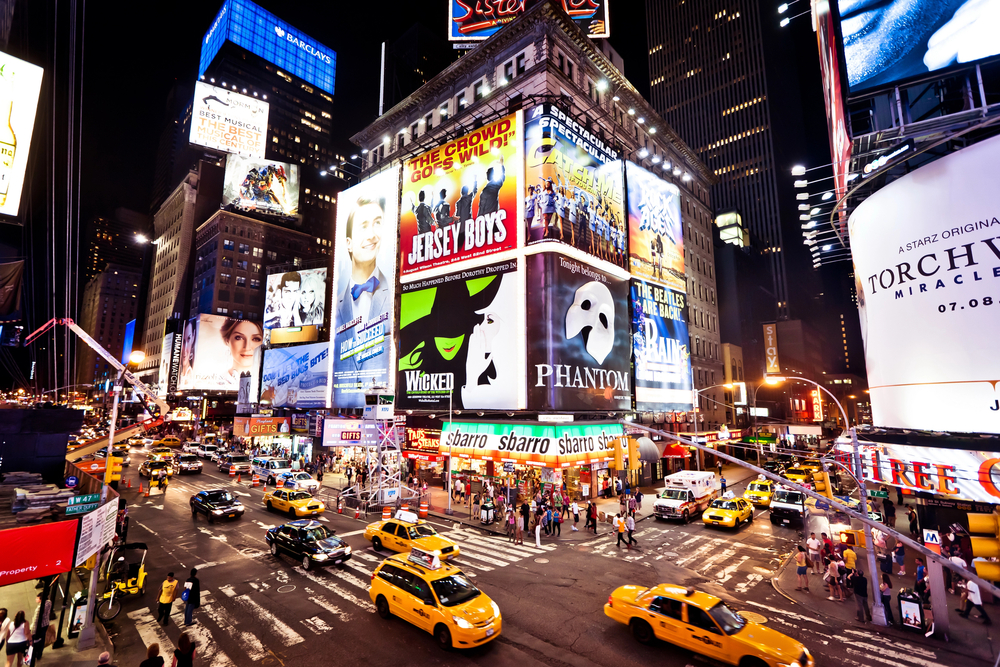Broadway Investors Face Potential $200 Million Loss Amid Post-Pandemic Struggles
As the Broadway community gears up to celebrate its finest at the Tony Awards, a shadow looms over the festivities. Despite a season filled with nearly 40 new productions and star-studded performances by the likes of Daniel Radcliffe, Jessica Lange, and Jeremy Strong, the industry is grappling with significant financial challenges.
The 2023-2024 season concluded at the end of May, showcasing standout shows like the revival of Cabaret, starring Eddie Redmayne and Bebe Neuwirth, and the new musical Hell’s Kitchen, featuring Alicia Keys’ songs. However, Broadway’s box office revenues tell a different story. With sales totaling $1.5 billion, the industry remains 15.8% below its pre-pandemic figures from the 2018-2019 season.
Several shows have already shuttered, and others are barely surviving. The high costs of mounting a production, often exceeding $20 million for a musical, are exacerbating these struggles. Industry insiders estimate that investors could face losses surpassing $200 million as more productions close.
“It’s a mixed bag,” said Broadway producer Lamar Richardson, who has experienced both the highs and lows of the current landscape. Richardson’s productions of Merrily We Roll Along and Appropriate have drawn solid audiences, with Merrily already recouping its $12 million investment. Similarly, the Cabaret revival has played to sold-out crowds, commanding top ticket prices of $699.
Yet these successes are outliers. The Heart of Rock and Roll, a musical featuring Huey Lewis and the News’ hits, has struggled despite positive reviews. Playing to audiences barely above half-capacity, the show’s average ticket price is under $60, reflecting dismal demand. Huey Lewis candidly remarked, “It’s a winner-take-all business. There’s only room for so many at the top.”
Broadway’s struggle to regain its former glory is attributed to multiple factors. Inflation has driven up production costs, including labor and materials like lumber, essential for building sets. The heavily unionized nature of Broadway further inflates labor expenses. While tourist numbers are rebounding, suburban audiences remain hesitant, deterred by post-pandemic crime concerns and shifts in work patterns, with more people working from home.
Critically acclaimed productions, such as the play Stereophonic, which garnered a record 13 Tony nominations, have failed to achieve blockbuster status. Industry veteran Ken Davenport noted the absence of a megahit like Hamilton or The Book of Mormon, which could revitalize Broadway as a whole.
The financial strain on Broadway may have long-term repercussions. Producers fear attracting investors will become increasingly difficult, with those willing to invest demanding better terms. Some producers are considering developing shows in cost-effective markets like London.
“A lot are starting to look at other places,” said Jason A. Sparks, senior executive creative director at RWS Global.
Despite these challenges, Broadway’s pipeline remains robust. Upcoming shows include a revival of Gypsy featuring Audra McDonald and Good Night, and Good Luck, a new play based on the 2005 film, marking George Clooney’s Broadway debut.
Damian Bazadona, founder of the entertainment-marketing agency Situation Group, urged for a broader perspective on Broadway’s future. He emphasized that the industry’s recovery, following a complete shutdown due to the pandemic, is a gradual process. “Broadway is in a growth phase again,” he stated.
As Broadway navigates these turbulent times, it remains a landscape of both boom and bust, with the promise of new productions and the enduring hope for the next big hit.
Photo Credit: DepositPhotos.com



